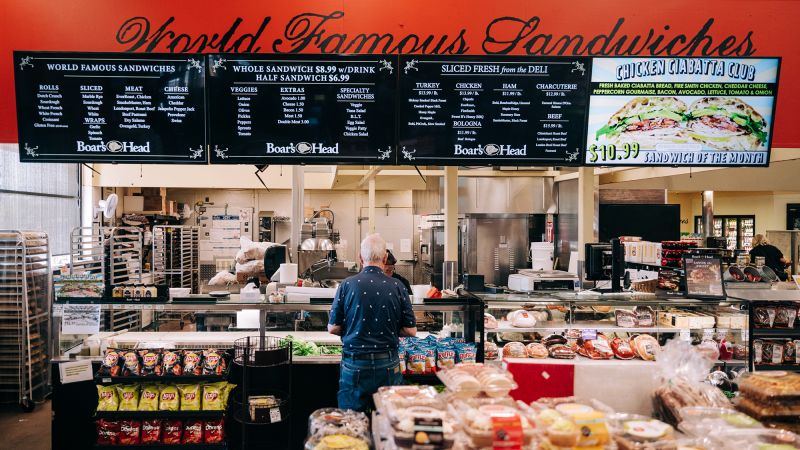Many senior citizens, like 78-year-old Janet Albrecht, are feeling the squeeze of inflation on their fixed incomes. Albrecht, who relies primarily on her $1,163 monthly Social Security payments, has had to cut back on her meals, resorting to eating ramen noodles for lunch and avoiding beef due to the rising prices at the supermarket. Her rent, utility bills, and medication costs have also increased, leaving her with less money for other essentials and basic needs. The annual cost-of-living adjustments for Social Security benefits have not kept pace with the actual rise in prices, causing seniors to lose buying power over the years.
According to a recent analysis by The Senior Citizens League, Social Security benefits have lost 20% of their buying power since 2010, with retirees needing an average boost of $370 a month or $4,440 a year to regain the lost value. The cost of goods and services purchased by typical retirees has jumped 73% between 2010 and 2024, far outpacing the 58% increase in Social Security benefits during the same period. This has resulted in many seniors struggling to afford basic necessities like food, housing, and healthcare, despite the occasional adjustments to their benefits.
In recent years, the surge in inflation has led to some of the largest annual adjustments in Social Security benefits since the early 1980s. While beneficiaries received significant increases of 5.9% for 2022 and 8.7% for 2023, the boost for 2024 was only 3.2% due to the slowing inflation rate. However, only the 2023 adjustment has surpassed the rate of inflation over the past five years, with COLAs lagging behind by as much as 1.1 percentage points in other years. The upcoming boost for 2025 is expected to be around 2.6%, based on inflation rates through July.
For many seniors, the annual adjustments to Social Security benefits are not enough to keep up with their actual expenses, especially when prior COLAs have failed to cover price increases. Shannon Benton, the executive director of The Senior Citizens League, notes that some seniors are being forced to spend down their retirement savings more quickly and go into credit card debt to make ends meet. Albrecht, for example, feels like her Social Security benefits have lost more than 20% of their buying power, as food and utility prices continue to rise, along with the cost of everything else.
In conclusion, many senior citizens are struggling to make ends meet as the rising costs of food, housing, and healthcare outpace the adjustments to their Social Security benefits. The annual COLAs have not kept up with inflation in recent years, leaving retirees with dwindling buying power and forcing some to make difficult choices about their spending. Without significant increases in benefits or other forms of financial assistance, many seniors will continue to face financial hardships and challenges in meeting their basic needs in the years to come.


